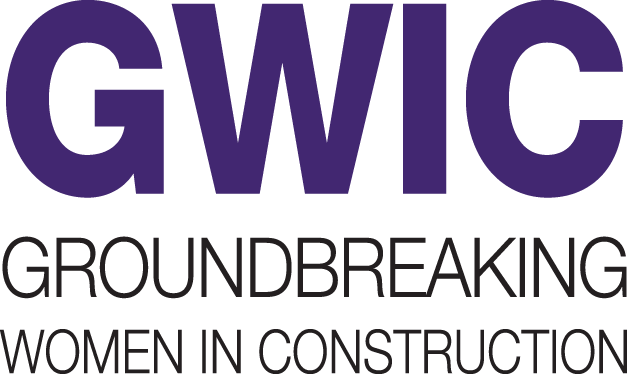Self-Advocacy is Key Strategy for Women in Construction


Devotion to work and technical prowess may not be enough to boost women up the ranks among construction industry employers; they also need to beat their own drums for better roles on jobsites and in boardrooms.
Women executives from industry firms urged more than 300 mostly younger female attendees at the ENR Groundbreaking Women in Construction conference to seek ways to raise their profiles to coworkers, bosses, clients and outside peers.
"Hard work will keep you employed but it will not get you into the higher reaches of your profession," said Mary Ann Tighe, CEO of global real estate developer CBRE Group’s New York City-based tri-state region, at the June 12 event in Manhattan. CBRE is based in Los Angeles.
Construction law firm Peckar & Abramson was an event partner.
Self-advocacy was a major theme among speakers who shared strategies for women looking to advance industry careers.
"Don't be afraid to be out there," said Aine Brazil, a 35-year construction veteran who is vice chairman and managing principal of engineer Thornton-Tomasetti. She urged attendees to "know your stuff, take your seat at the table and let it be known that you know what you're talking about. We shouldn’t allow ourselves to fade into the background no matter what."
Male executives shared enthusiasm for empowering women to climb the corporate ladder.
“It’s quite natural for women to rise up and play a much bigger part in the construction industry,” said Bob McNamara, CEO of contractor Lend Lease. "The more we can have women in leadership, the better we’ll do.”
Anna Beninger, research director at women's advocacy group Catalyst, noted the challenge for women in that "people perceive men as the default leader; women face a higher competency threshold level," particularly in technical fields.
Beninger and other panelists said that studies show women leaving technical fields in greater number by mid-career.
Gretchen Gagel, president of consulting firm Continuum Advisory Group and an 11-year veteran of contractor consultant FMI, pointed to a lack of role models, unequal compensation and "isolation."
Catalyst will release a study in September focusing on "high-potentials" in technology-intensive industries and why they leave to work in other industries, says Beninger. "We will offer recommendations for creating a more inclusive environment for top female talent," she told ENR.
According to instant polls of attendees, 45% pointed to still-existing glass ceilings in construction career paths and 73% believed there are fewer industry opportunities than in other business sectors.
Gumption
Jennifer Taranto, director of sustainability at contractor Structure Tone, said it's tough for some women to advocate for themselves.
“It takes a lot of gumption to call your manager out of the blue and say that I would like to talk to you for 30 minutes about where my career is going,” she said. “But, it’s the most valuable thing you will do for yourself.”






